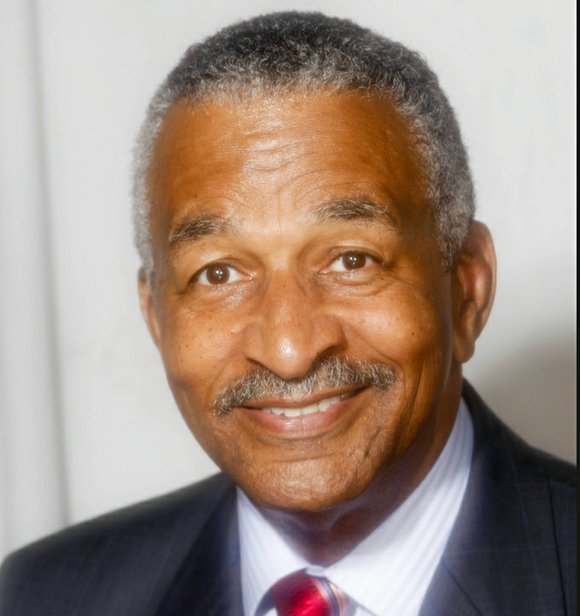Achieving real power
9/1/2017, 10:03 a.m.
James Clingman
Many people are highly insulted by Confederate statues and monuments, and they want them taken down and/or destroyed.
Since the latest movement in New Orleans to eliminate these relics that commemorate folks who tried to secede from the Union, which resulted in a war that cost 700,000 lives, some African-Americans have been asking the questions: “Is it worth it?” “Should we be spending our time on other things?” “If all of the statues and monuments were eliminated tomorrow, would that help propel black folks to a higher level in this country?”
Because I have never been involved in any protest or action to remove a statue, a flag or a memorial that celebrates the Confederacy, I will not attempt to answer those questions for anyone who has or is engaged in protesting them. But unless I was terrified by these inanimate objects, or they made me physically sick when I saw them, I wouldn’t care about them at all.
I remember how my mother hated the lawn jockeys we would see as we rode in our car. She always said if she had an ax, she would stop and destroy the little black-faced man holding the horse’s ring.
Having lived in the South during my teenage years, I experienced separate public accommodations. I went from a majority white school in Ohio to an all-black school in North Carolina in 1960, and I liked it. I realized many positive things about black people in the South when it came to ownership, education and self-determination. I was inspired by what I saw in black people — not discouraged.
I live in South Carolina now, and I see Confederate flags on trucks, hats, shirts and other paraphernalia. It doesn’t bother me a bit. As long as the person wearing that stuff leaves me and mine alone, I’m fine.
Black folks could spend the better part of the next decade or two removing icons of the Confederacy, and upon our victory, we would still be at the bottom of all economic indices in this nation. All of those monuments and memorials would occupy our time and energy for a very long time. Besides, to be diverted from the existential issues affecting African-Americans would be hazardous to say the least.
Sure we can multitask. We’ve always been good at that. But we must not abdicate our responsibility to achieve real power — socially, politically and economically. We must be more concerned and active around substance rather than symbolism.
For those who want to protest monuments, please consider Selma, Ala., where in March of every year, black folks walk across a bridge named after a staunch racist. Where’s the call to change the name of the bridge from Edmund Pettus to, let’s say, the John R. Lewis Bridge because he is the icon of the Selma march?
As a matter of fact, why don’t black folks just make the change themselves in that 80 percent majority black city with a black mayor? Do you see the irony here?
Also, consider the monumental problem that exists in Atlanta. It’s called Stone Mountain and features Confederates Robert E. Lee, Jefferson Davis and Stonewall Jackson. The carving is so large that a grown man can stand inside the ear of one of the horses and is the largest Confederate monument in the United States.
Klan associates, William and Samuel Venable, bought the mountain in 1887 for $48,000 and granted permission to Helen Plane to create her vision of a Confederate memorial carved in stone. As I always say, ownership is key.
The writer is founder of the Greater Cincinnati African-American Chamber of Commerce.







